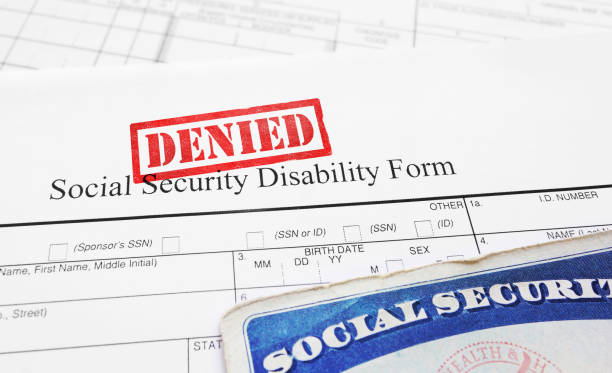Embarking on the journey to secure disability benefits can be challenging, especially when faced with initial denials. If you’ve found yourself among the 65 percent of applicants who face this setback, the road to appeal becomes a crucial part of the process. Ever wondered about the time it takes to navigate through a disability appeal? Let’s explore the timeline and how having a disability lawyer by your side can make a significant difference.
The Importance of a Disability Lawyer
Filing for disability benefits is no easy feat, and the appeal process can be just as demanding. Although a disability lawyer can’t magically speed up the timeline, their expertise can strengthen your appeal. Addressing potential weaknesses and foreseeing concerns from the Social Security Administration (SSA), they work diligently to help you avoid delays or another denial, striving for a resolution in a more timely manner.

The Social Security Disability Appeal Time Frame
Once your initial disability claim faces denial, you enter a critical 60-day window to file an appeal. Think of it as a two-month opportunity to gather your thoughts, understand the reasons for denial, and decide if you want to seek reconsideration. Surprisingly, the time it takes to appeal a disability denial is almost identical to the initial application process, ranging from weeks to well over a year. Similar delays persist, emphasizing the importance of legal assistance.
The Unique Appeal Process
Consider the appeal process as an opportunity to give your case a second look. It’s like saying, “Hey, let’s make sure we didn’t miss something important.” You’re not starting from scratch; you’re asking the SSA to reconsider. By submitting new information, possibly from doctors or people familiar with your situation, the SSA reviews everything again, aiming to ensure everyone is on the same page.
Your Appeal with the Law Office of Gerard Lynch
If the appeal process feels overwhelming, the Law Office of Gerard Lynch is here to provide guidance. Facing the challenges of the journey, our team is ready to help you navigate through the complexities. Don’t let the appeals process intimidate you—reach out for a free consultation tailored to your disability claim.
Our commitment is to assist you in making the process as straightforward as possible, ensuring you take the first step toward securing the disability benefits you deserve. Contact us today and let’s work together to overcome any delays and hurdles you may encounter.



